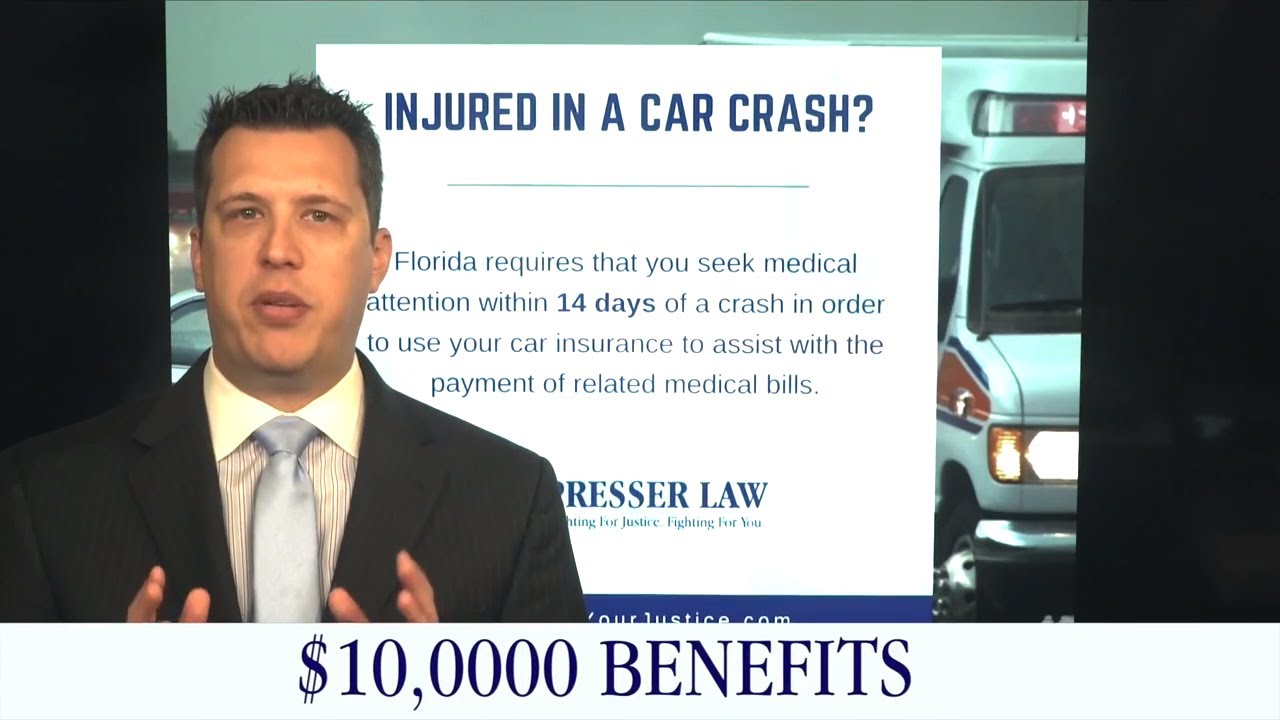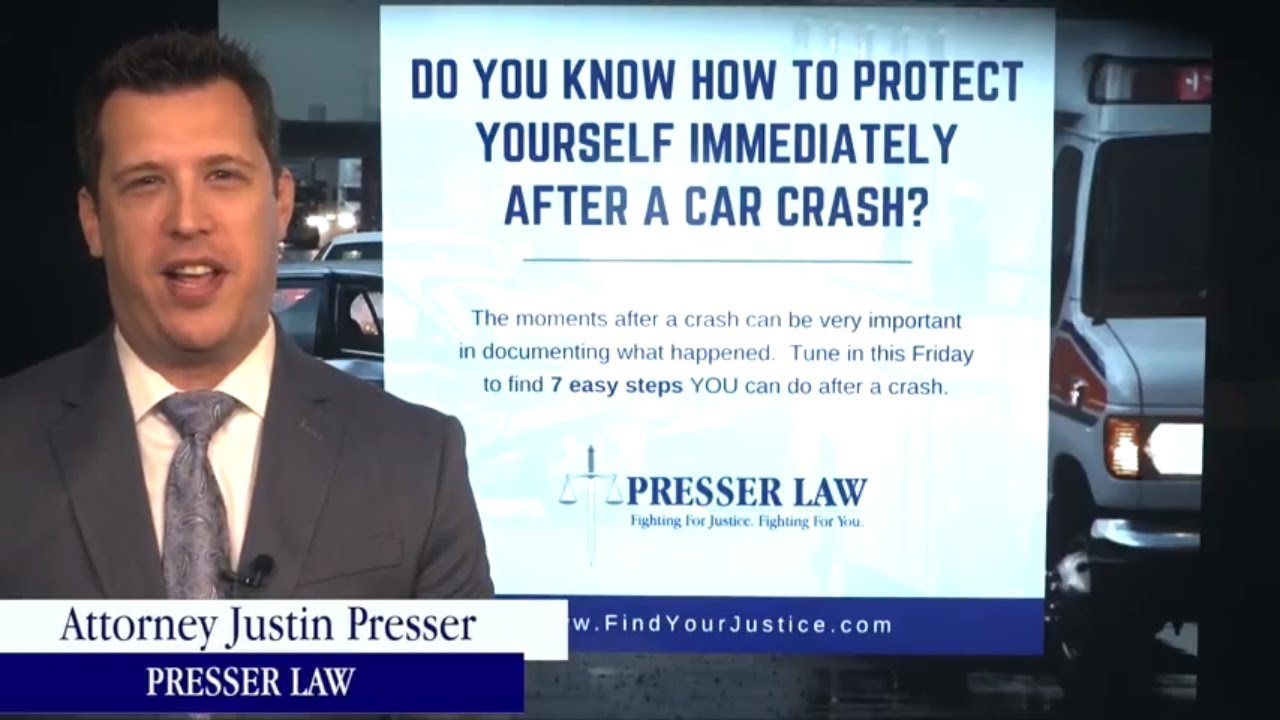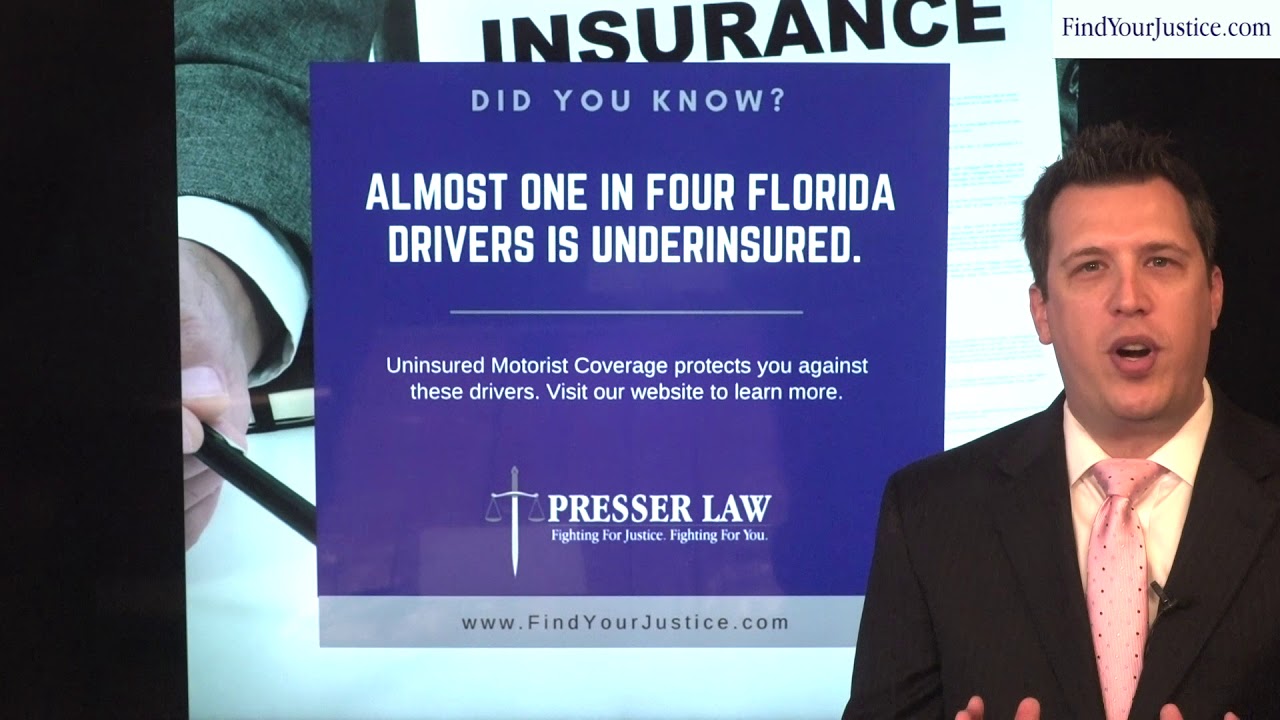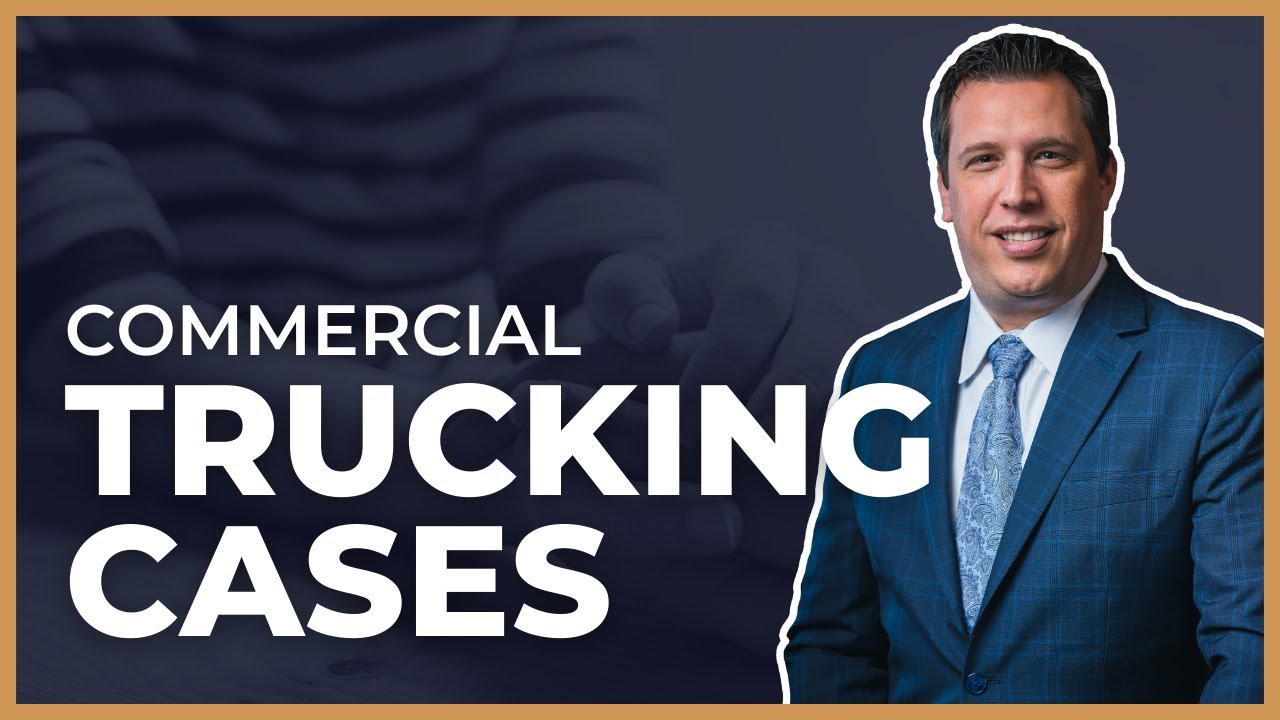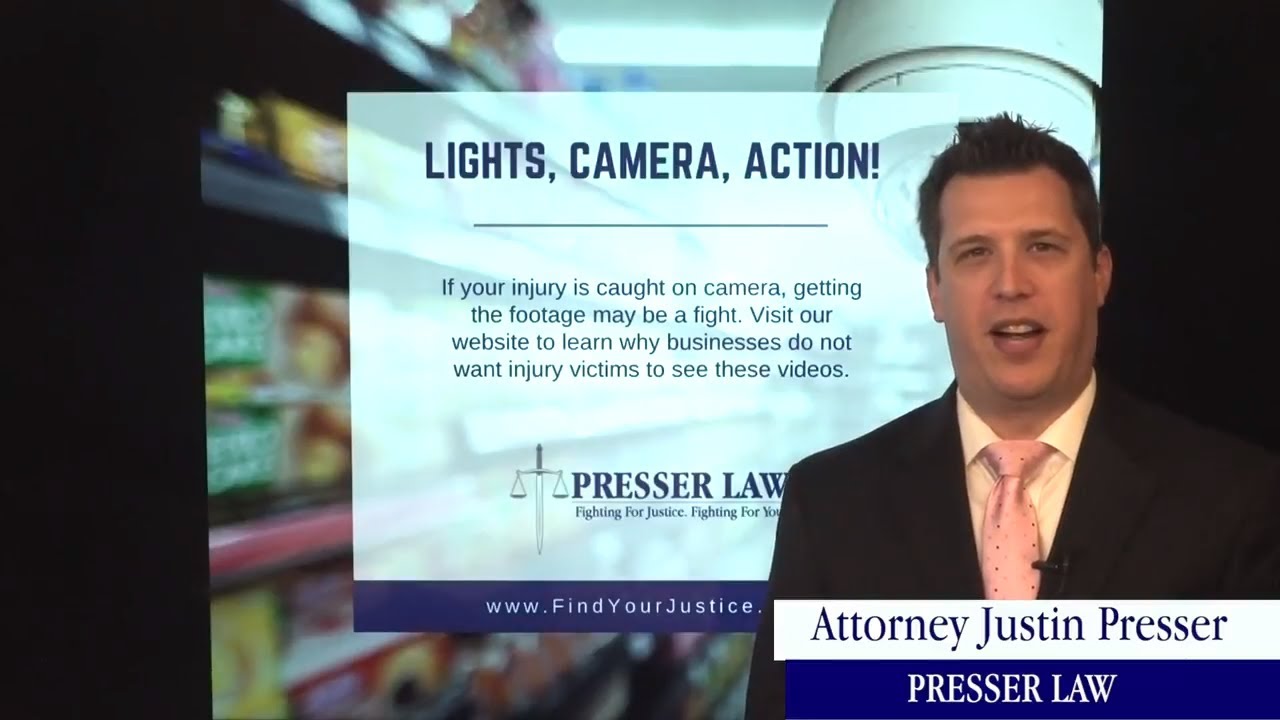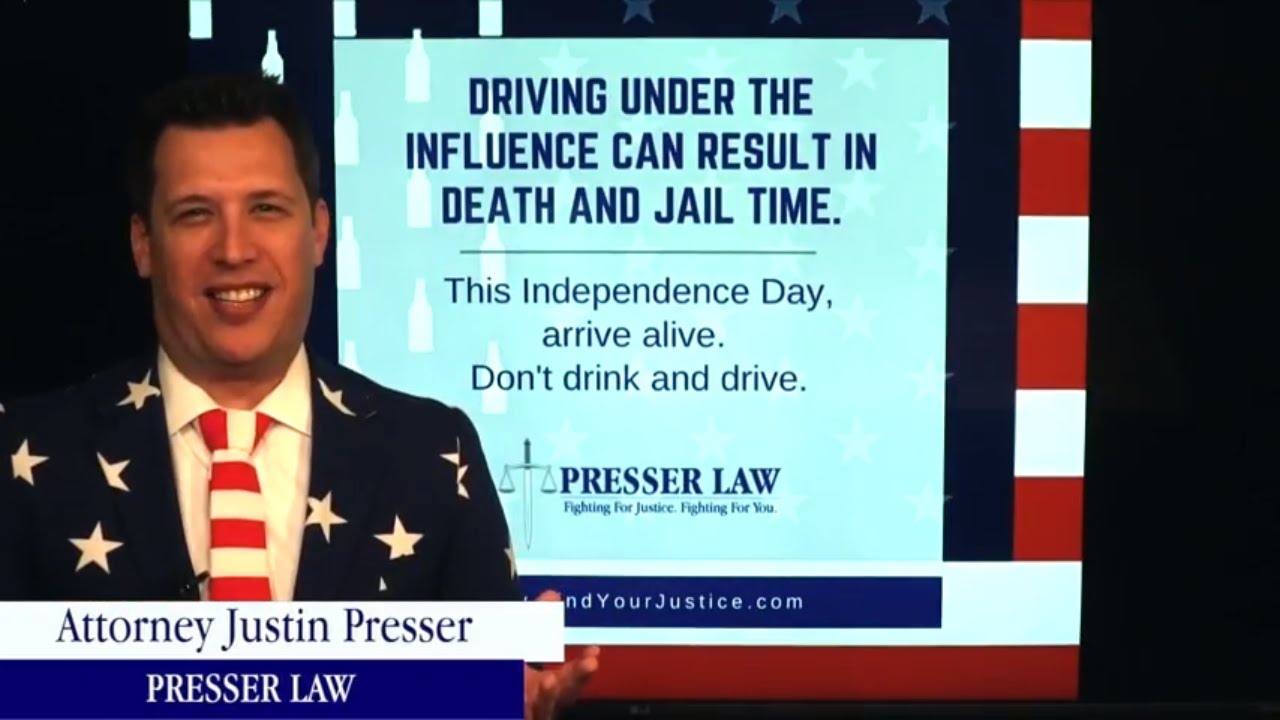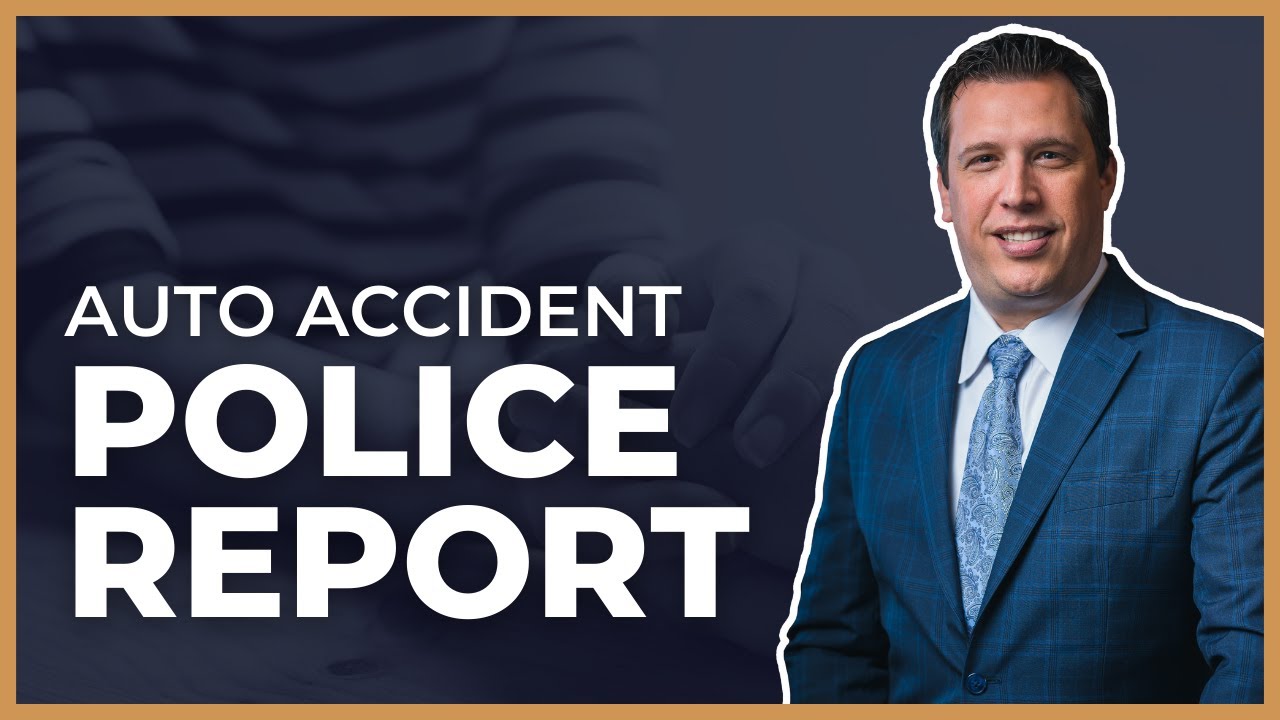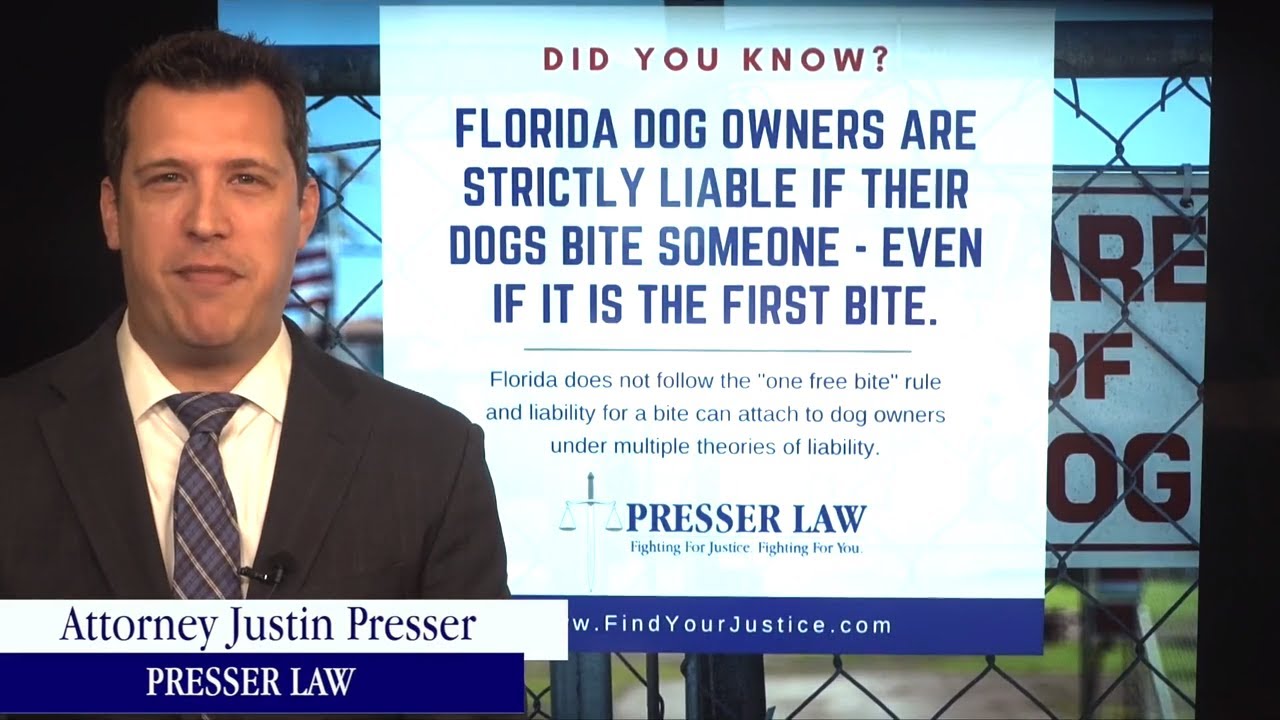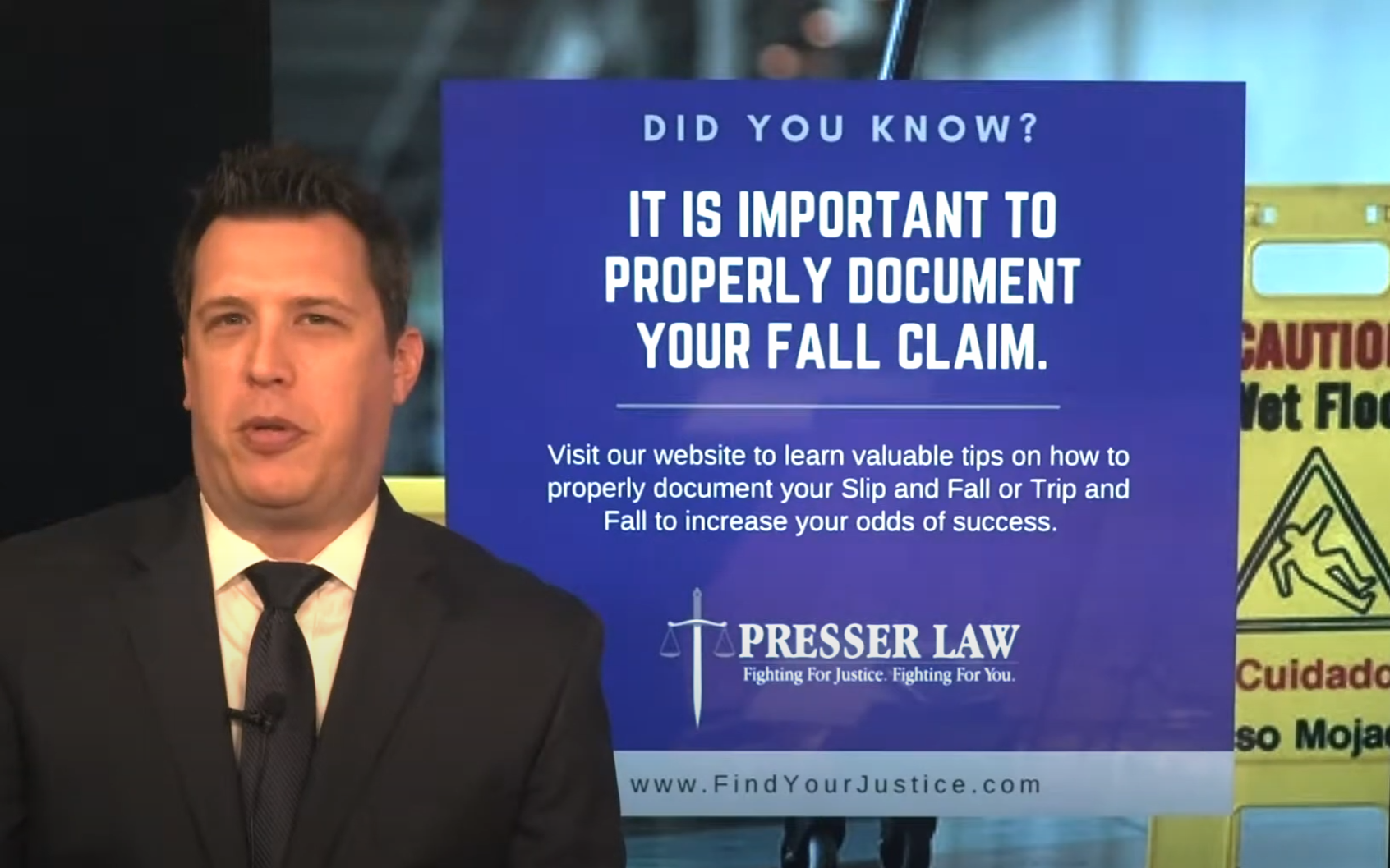
Truck accidents can involve more than just vehicle damage and insurance claims. When a commercial truck driver is involved, a truck accident lawyer must often consider how employment law affects liability and damages. This intersection between two legal areas can significantly shape the outcome of a claim.
Who Really Employs The Driver?
Determining whether a driver is an employee or an independent contractor can be a major turning point in a case. Many trucking companies classify drivers as independent contractors to reduce liability. However, courts may look beyond the contract to the actual working relationship.
Factors such as control over routes, schedules, and vehicle maintenance may indicate an employer-employee relationship. If the driver is legally an employee, the company can be held responsible for the driver’s actions while on the job. If not, the claim may need to focus solely on the driver’s personal liability. A lawyer will work to investigate these employment relationships to determine where fault lies in your particular case.
Vicarious Liability And Scope Of Employment
Once employment status is confirmed, the next issue is whether the driver was acting within the scope of their job duties at the time of the crash. If the driver was making deliveries or returning from a job-related stop, the employer may be liable under the doctrine of respondeat superior.
However, if the driver was running personal errands or deviated significantly from their route, that liability may no longer apply. A personal injury lawyer must often dig into route logs, GPS data, and dispatch records to clarify what happened. If you have records of this yourself, it will greatly help your case so be sure to present those to your lawyer.
Company Policies And Negligent Hiring
Sometimes, the employer’s own actions come under scrutiny. For example, a company may have hired a driver with a history of traffic violations or failed to conduct a proper background check. This could support a negligent hiring claim.
Negligent training and supervision are also potential issues. If a company fails to train its drivers on safety protocols or does not monitor hours of service, it can be held directly liable. These cases often involve reviewing employee files, training materials, and performance reviews. If your case includes high-damage, then involving an employer can affect the compensation you receive.
Employment Benefits
In some cases, employment status also affects the victim’s compensation options. If the injured party is also an employee such as a co-driver or warehouse worker, then workers’ compensation laws may limit their ability to sue. Conversely, a non-employee victim may pursue full civil damages.
Understanding the driver’s employment benefits can also help establish job status and company involvement. Access to benefits like health insurance, paid leave, or retirement plans may suggest an employment relationship even if the company labels the driver as a contractor.
As our friends at Palmintier Law Group can share, failing to recognize how employment issues influence a truck crash case can leave a major piece of the puzzle unsolved.
Why These Cases Require Thorough Legal Analysis
Truck crash cases can quickly become multi-faceted, especially when employment relationships are unclear. A legal team must assess not just who was at fault on the road, but who bears responsibility under employment law principles. This can influence insurance coverage, legal defenses, and ultimately the size of the settlement or judgment.
By carefully evaluating contracts, conduct, and company practices, attorneys can strengthen claims and avoid surprises in court. When employment law enters the picture, it’s essential to examine every angle. Contact an attorney near you to get started on your case today.



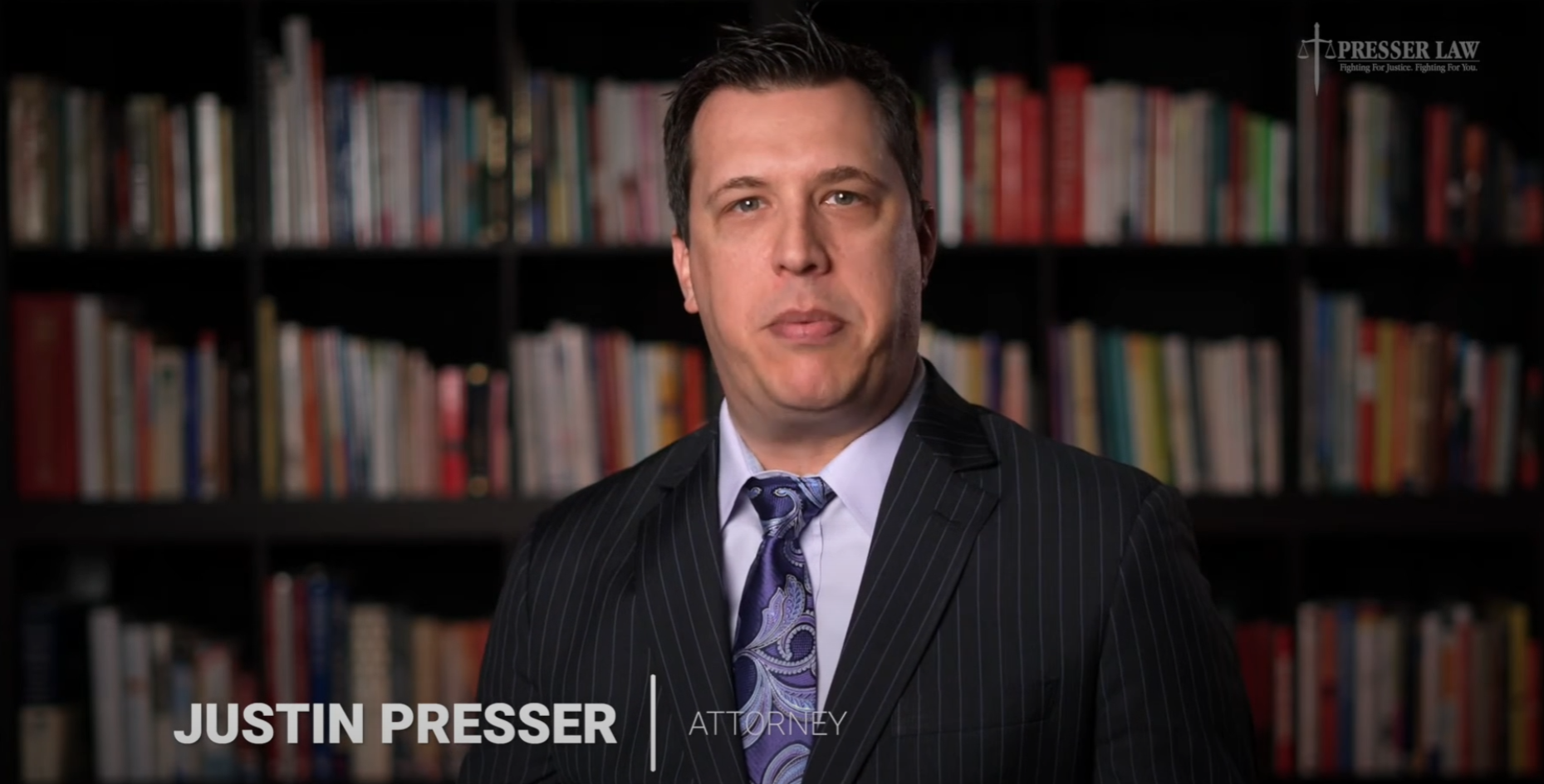
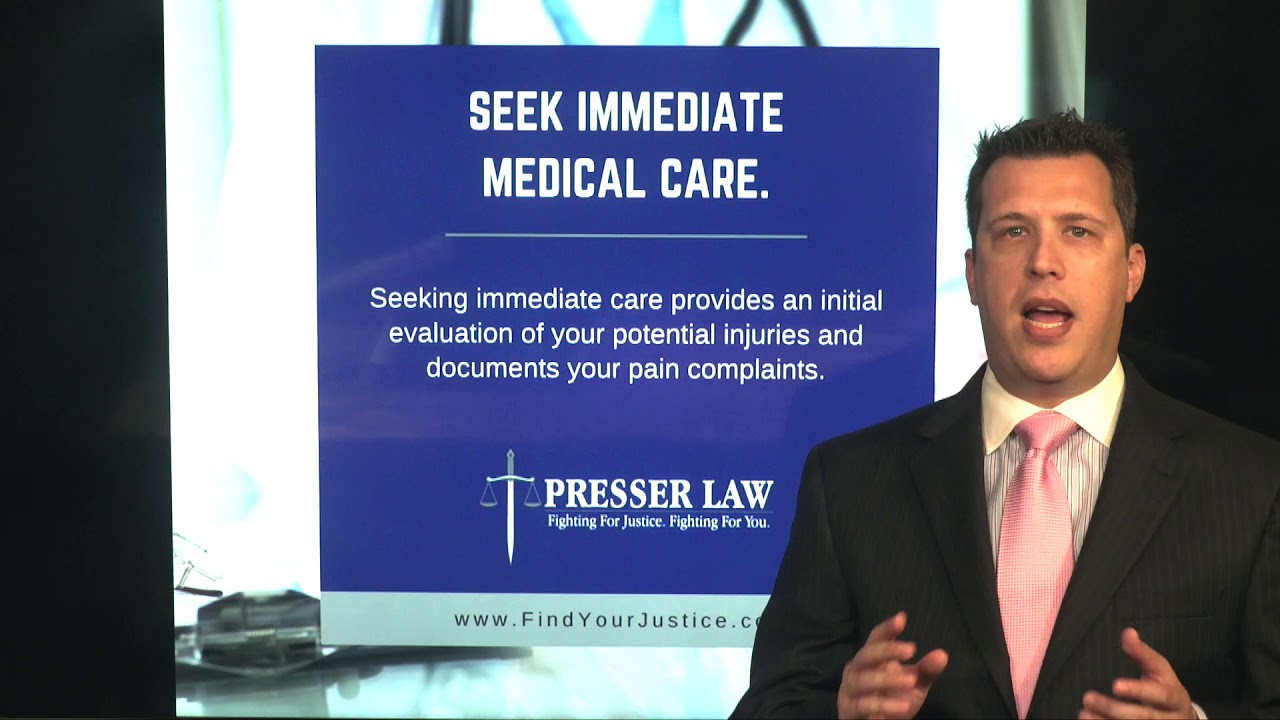
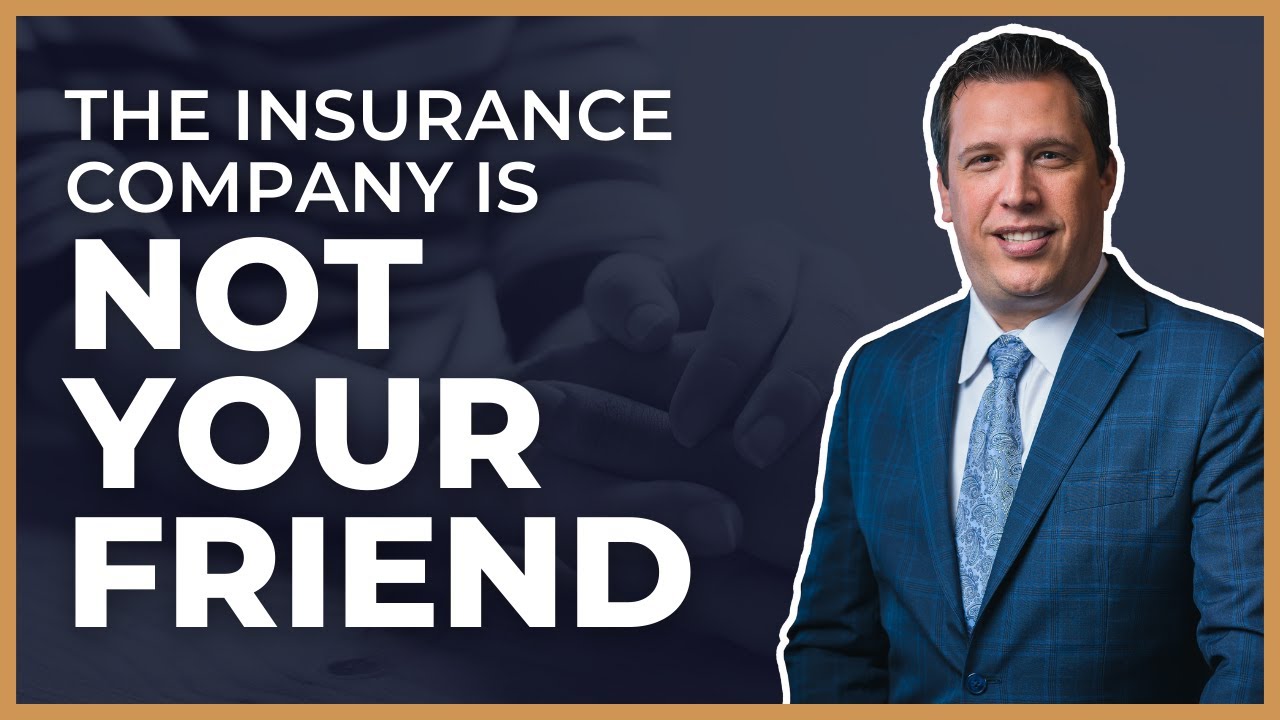
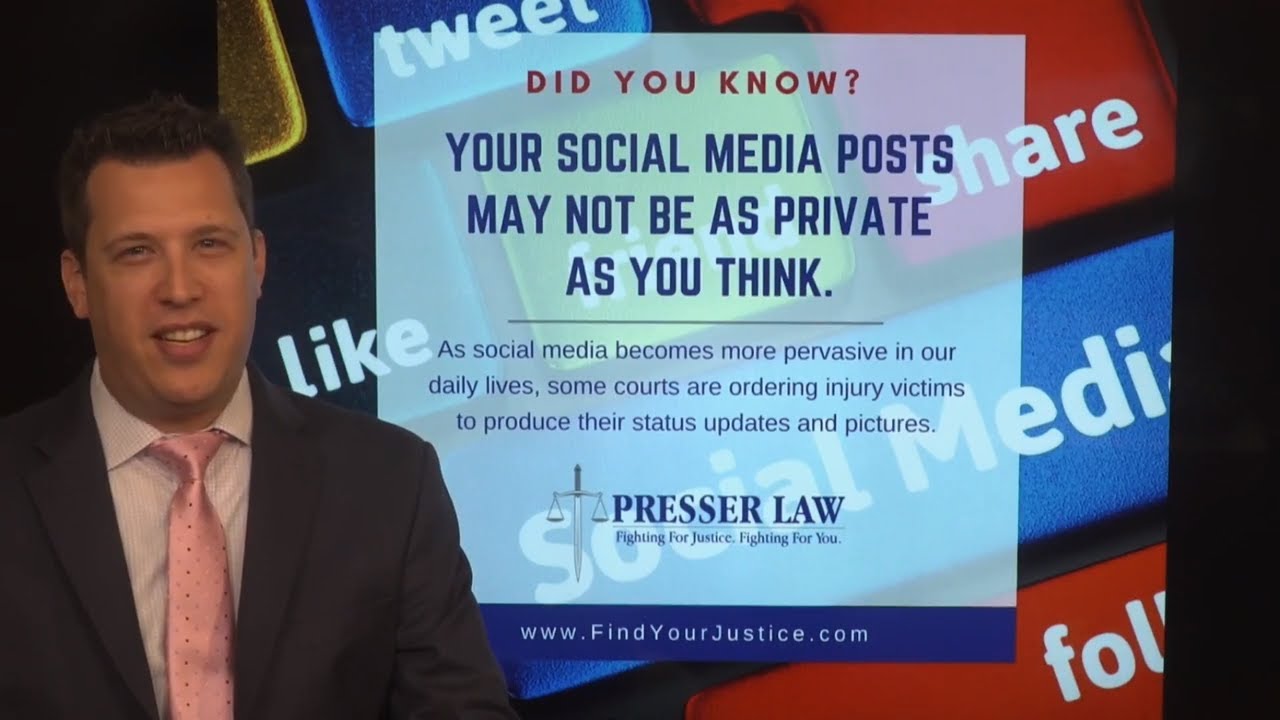
![[SIMPLE AND EASY] Reason Why You Need to Document the Injury Scene | Personal Injury Attorney](https://www.findyourjustice.com/wp-content/uploads/2025/10/SIMPLE-AND-EASY-Reason-Why-You-Need-to-Document-the-Injury-Scene-Personal-Injury-Attorney.jpg)
